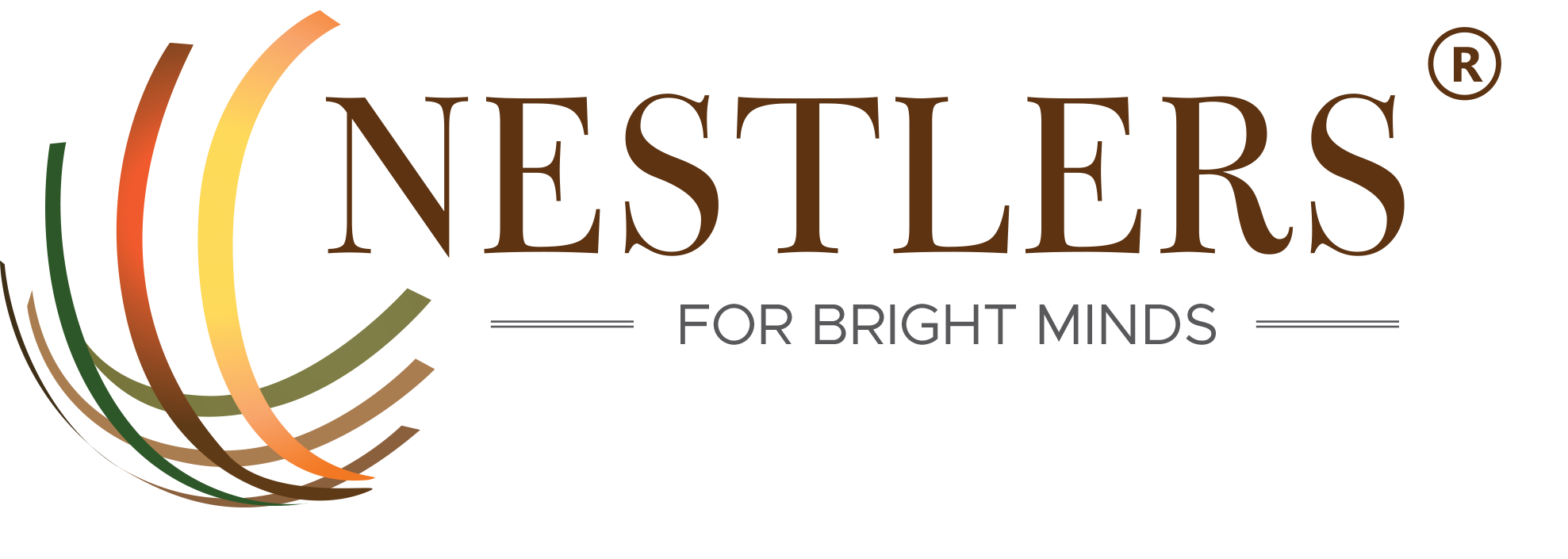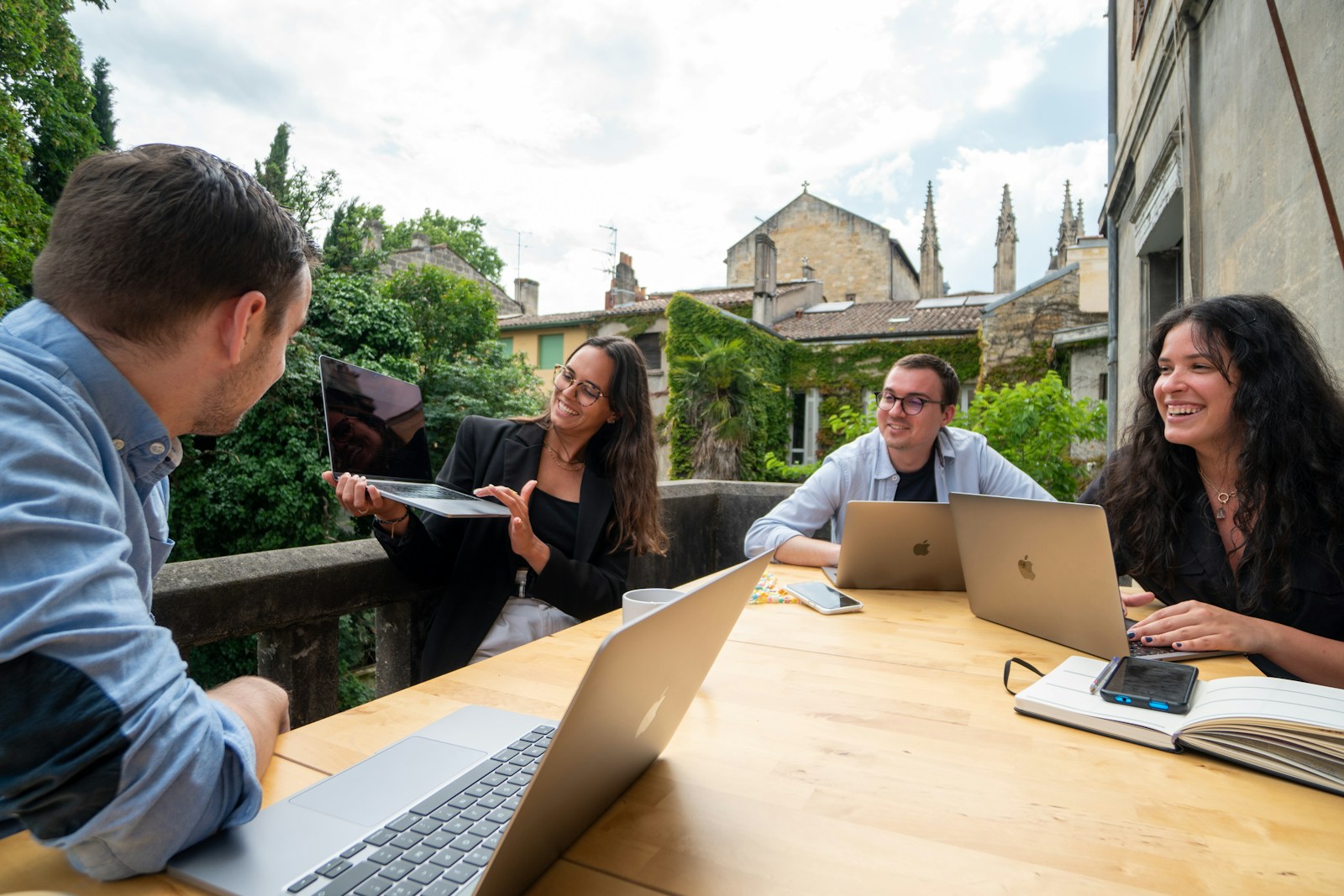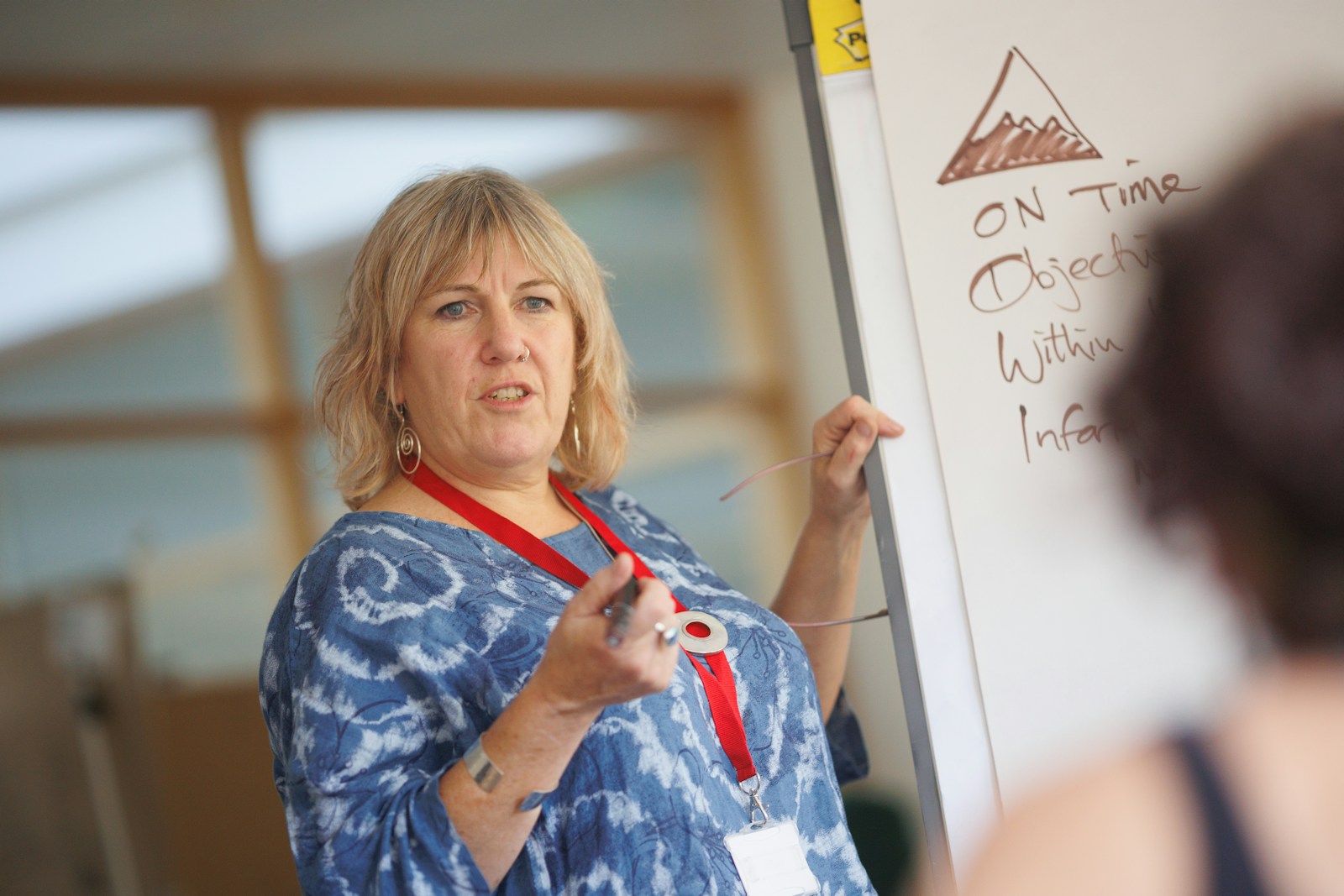Moving to Romania—or starting work here as a foreign national—means navigating many practical matters beyond visas and housing. One of the biggest: understanding how Romania’s social security system works for you. Nestlers Group has helped many expatriates and international employees, so in this article we unpack the essentials: what social security covers, how contributions work, what benefits you’re entitled to, and what special cases foreign nationals should know.
What is Romania’s Social Security System?
Romania’s social security system is designed to protect workers and residents in a broad set of life situations: retirement, illness, maternity/paternity, unemployment, work accidents, and more.
Key components include:
- Pension system (public old‑age, disability, survivors)
- Health insurance for medical services, hospitalization, preventive care, maternity, etc.
- Unemployment insurance for those who lose their job under insured conditions
- Work injury / occupational disease coverage
- Family‐leave, maternity/paternity leave, child care leave benefits under certain conditions.
Who is Covered (Foreign Nationals)?
If you’re a foreign national in Romania, whether or not and how you are covered depends on several factors:
- Legal residence or permit: To benefit from social security, you typically need to hold the right to reside/work in Romania.
- Type of work / contract: If you have an employment contract, you will usually be enrolled as a contributor (employee/employer both pay) to social insurance and health systems. If self‑employed or an independent contractor, there are different rules.
- EU vs non‑EU citizens: EU nationals often benefit from agreements that simplify accessing rights across borders. Non‑EU nationals may have more paperwork or specific visa/residency conditions.
- International/ bilateral agreements: If your home country has a social security agreement with Romania (or through EU rules), periods of contribution in other countries may count toward qualifying for Romanian benefits.
How Contributions Work
Understanding how much you (and/or your employer) pay is crucial. Here’s the breakdown:
| Contributor | What they pay into | Rates / Key points |
|---|---|---|
| Employee | Pension (public), health insurance, unemployment, etc. | Pension contribution is around 25% of gross salary for the employee. Health insurance has its own rate. Other small rates for unemployment etc. |
| Employer | Matching contributions / separate share for social security, health, work injury, etc. | Employers pay a share for social security and often extra for hazardous / “difficult” work conditions. |
| Self‑employed / voluntary contributors | Some people not employed can contribute voluntarily under certain laws. |
Some details foreign nationals often miss:
- The minimum contribution period to qualify for certain benefits (e.g. pensions) is typically 15 years of contributions.
- Early or partial retirement may be possible in some cases if you meet extra conditions. Social Security+1
What Benefits You Can Access
If you satisfy the relevant residence/contribution requirements, foreign nationals can access many of the same benefits as Romanian citizens:
- Pension benefits: Old age, disability, survivor benefits. If you contributed in Romania, you can claim when eligible. If you also worked abroad, in many cases those periods count under EU rules or bilateral agreements. EURAXESS+2TAX IQ+2
- Health care: Once you’re insured (via contributions or another legal status), you get access to public health services. Emergency treatment, general practitioners, hospitalization, maternity care, etc. European Commission+2EasyExpat+2
- Unemployment benefits: If you’ve been working under valid contracts and paying into the unemployment insurance, you may be eligible. European Commission+1
- Family & parental benefits: Maternity/paternity leave, child allowances, etc. The exact eligibility depends on contribution history and legal status. romaniaeacasa.ro+1
Important Special Cases & Common Pitfalls
When foreign nationals try to use social security rights in Romania, there are several tricky or special‑case issues to watch out for:
- Residence permit expiry: If your right of residence lapses, your rights under the social security system may also be affected.
- Self‑employed or remote work for foreign employer: The rules for contributions can be different; sometimes you must initiate registration and payments, and thresholds may apply.
- Bilateral/EU agreement recognition: Even if you have contributions from another country, proving them, translating documents, and navigating the official processes can be cumbersome. Having expert help can smooth things.
- Voluntary contributions and gaps: If you have gaps in contributions (e.g. periods without work, study, etc.), you may still cover them via voluntary contracts, but you’ll need to arrange this ahead of time.
- Language and documentation: Much of the official navigation is in Romanian; forms, medical certificates, payroll/tax documents might require translations.
How Nestlers Group Helps
At Nestlers Group, we specialize in making all this easier. When you relocate to or work in Romania, our services can help you:
- Understand exactly which social security contributions apply to your specific case (EU vs non‑EU, employed vs freelance)
- Determine what benefits you will be entitled to, and help with eligibility documentation
- Navigate bilateral or EU social security agreements so that contributions from other countries count where possible
- Assist with registering for social insurance, health insurance, and related permits/residence documents
- Provide ongoing support (payroll, tax, compliance) so you stay in good standing
Checklist & Practical Tips
Before or soon after you arrive/work in Romania, here are actions that foreign nationals should take:
- Verify your residence/work permit is valid and appropriate for the job
- Ensure your employment contract clearly states gross salary and that employer contributions will be made
- Register with the National Health Insurance House (CNAS) and obtain your social security/social insurance number
- Keep records of all contributions (pay slips, contracts, foreign contribution proofs)
- Understand retirement age, minimum contribution years, and any early retirement rules that might affect you
- If applicable, consult with a specialist (such as from Nestlers Group) especially if you have worked in multiple countries
Conclusion
Romania’s social security system offers strong protections and benefits, but for foreign nationals it can involve extra steps, paperwork, and understanding of international rules. With the right knowledge and support, you can ensure you contribute correctly, maintain your rights, and access the benefits you’re entitled to.
If you’re a foreign national working or planning to work in Romania and want clarity on your social security situation, Nestlers Group is here to help. Don’t wait until the deadlines or complications pile up—get in touch with us today to arrange a personalized consultation.
Connect with Nestlers consultants
Do you need immigration and relocation services or consultancy?
It’s easy! Use the below contact form and one of our experts will provide you an answer as soon as possible.
Our consultants can help you in obtaining legal documents and can provide you with assistance regarding the immigration processes, relocation, taxes and payroll, Social Security (European forms A1, S1, U1, etc.) for your employees.





